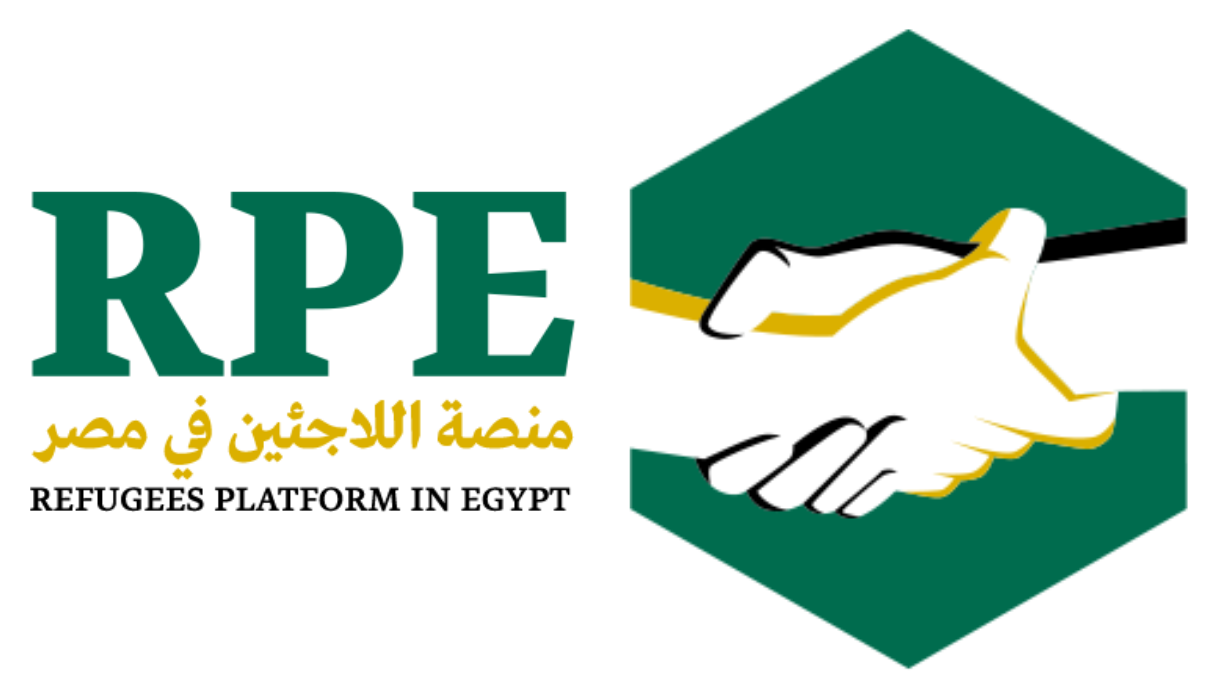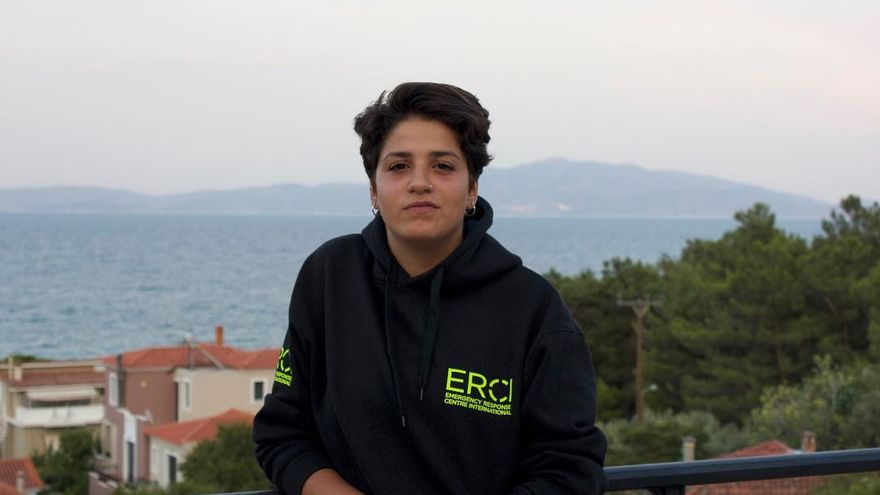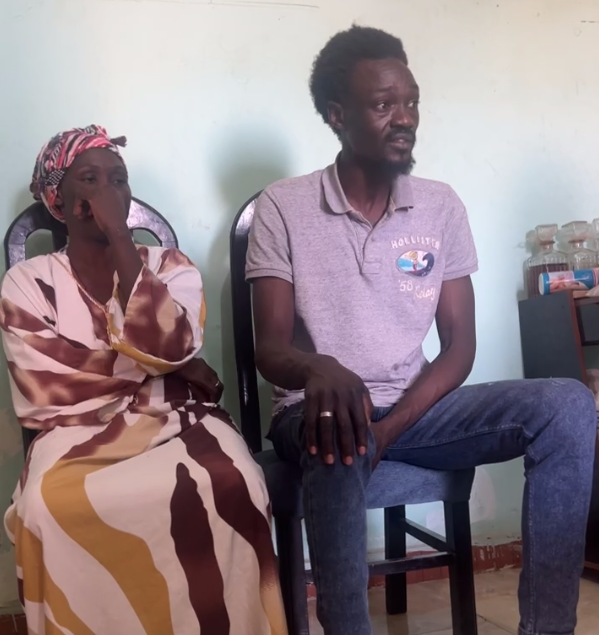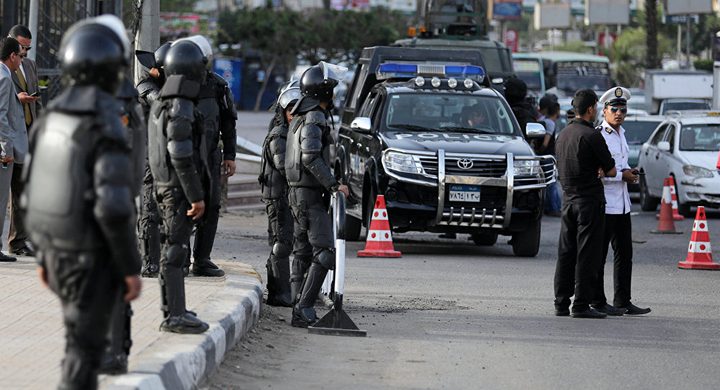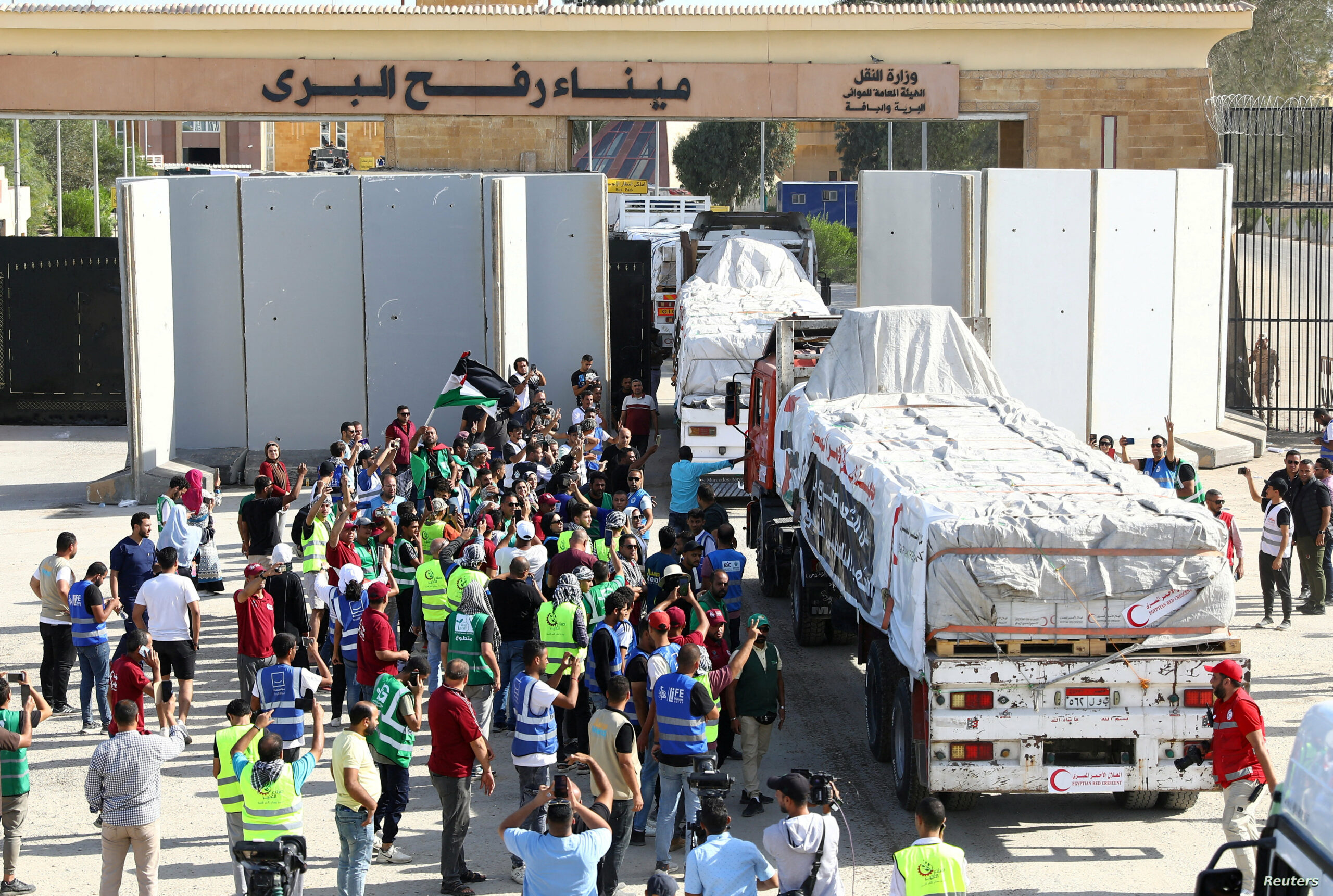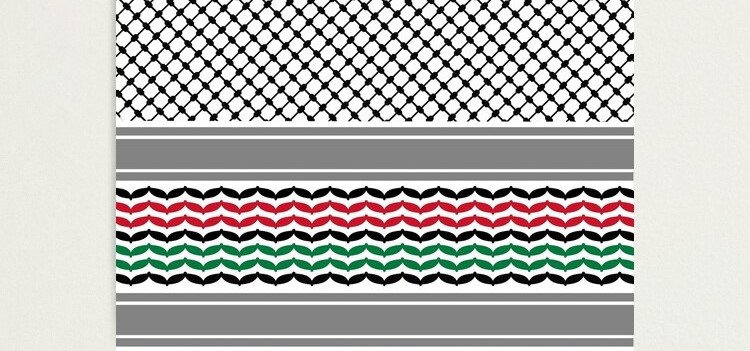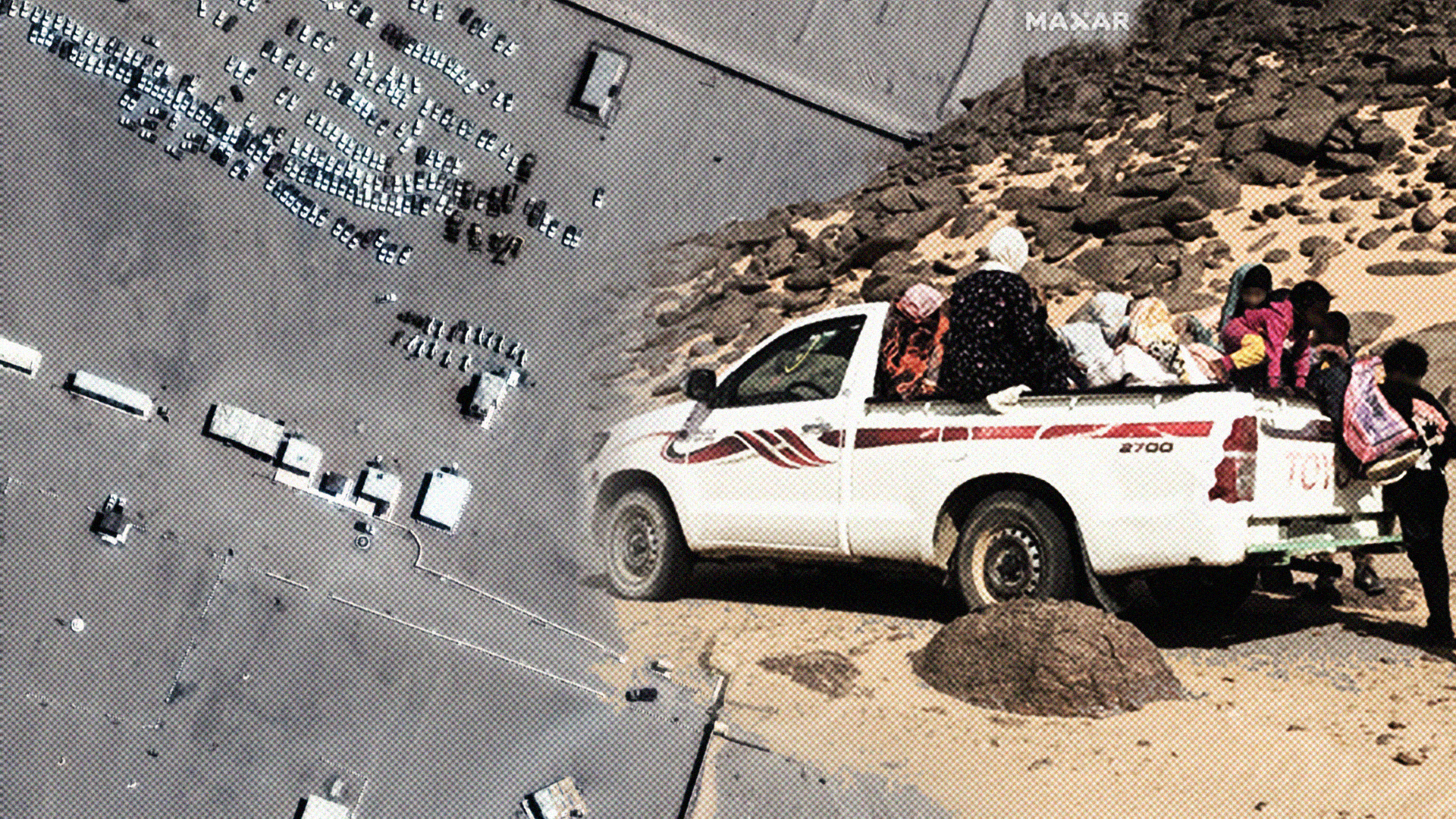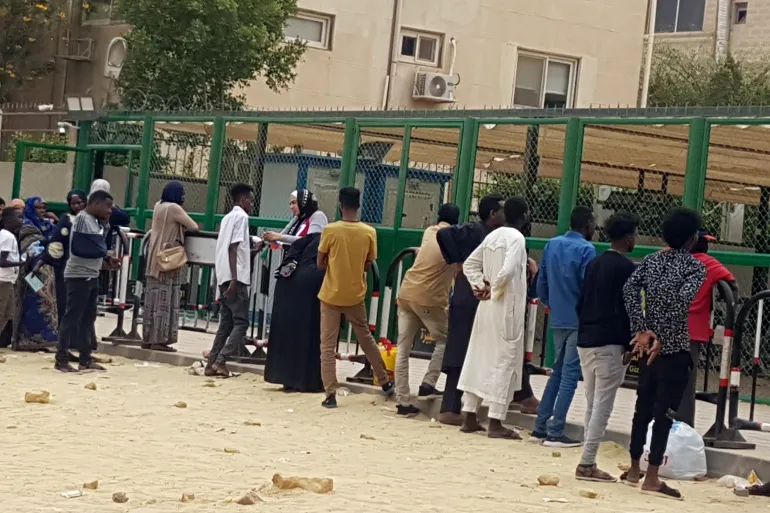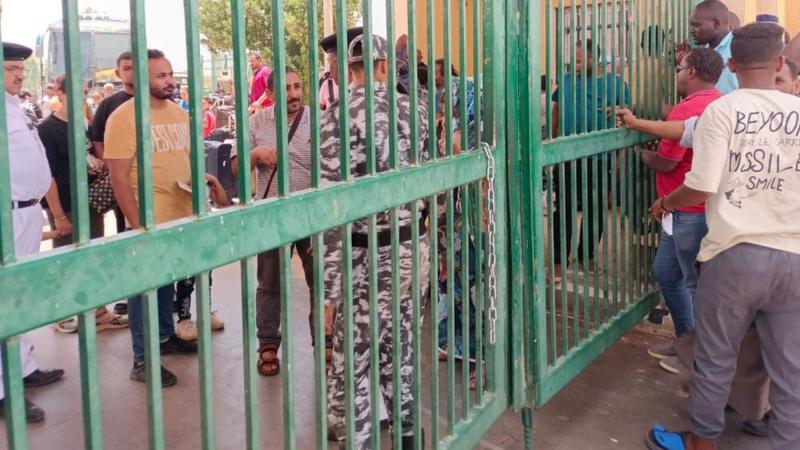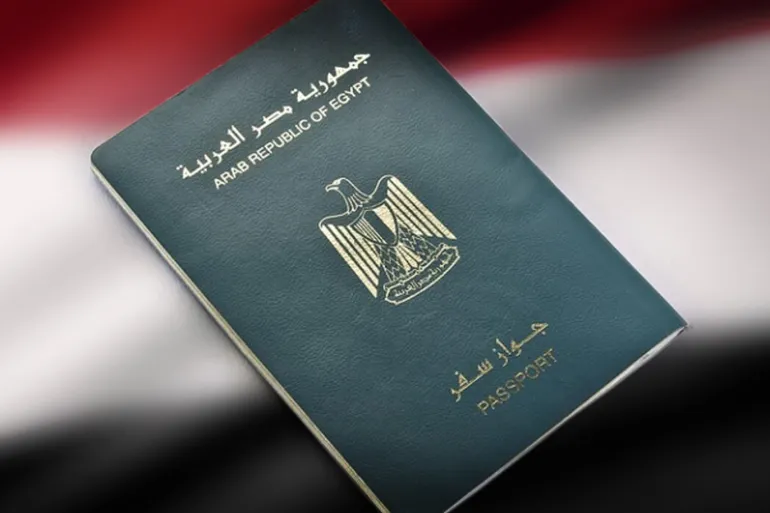Today, Sarah Mardini’s first trial commences on the island of Lesbos. The Syrian swimmer was originally arrested in 2018 and charged with human trafficking, money laundering, espionage, and membership in a criminal organization while working and volunteering with the Emergency Response Centre International (ERCI) to aid migrants. Charges have also been brought against 23 other individuals from different groups.
Who Is Sarah Mardini and What Is Her Charge?
The Mardini sisters, Yusra and Sarah, gained prominence during their migration from Turkey to Greece, fleeing the war in Syria in 2015. They managed to rescue 20 migrants aboard their boat, which was on the verge of sinking after its engine failed. Sarah Mardini swam, pulling the boat with her sister, for three hours until they reached the Greek shores.
Their journey continued through Macedonia and Hungary, eventually leading them to Germany.
In Berlin, Yusra Mardini joined the swimming club “Wasserfreunde Spandau 04” and the new refugee team that competed in the Olympic Games in Rio de Janeiro in 2016. She is currently a UNHCR goodwill ambassador.
Meanwhile, Sarah received a scholarship to study economics and social sciences at Bard College in Berlin in 2016. In April of 2021, Rumors started circulating about the Mardini sisters’ story being adapted into a film.
On August 29th, 2017, the Greek police arrested the Syrian swimmer, Sarah Mardini, in a crackdown on aid workers, under charges of smuggling migrants into Greece. The Greek police accused Sarah of collaborating with the ECRI, an NGO that assists refugees, while the organization faced allegations of “working with human traffickers and receiving refugees coming from Turkey on the island of Lesbos, thereby encouraging illegal migration.” On December 5th, 2018, the Greek authorities released Sarah Mardini after over two months of detention.
Increasing Violations and Concerns: Another State Penalizing Those Assisting Refugees
People on the move are systematically stripped of their rights and returned to Turkey, often facing excessive violence bordering on torture. Since March 2020, the human rights group “Mare Liberum” has documented over 700 pushback cases, where nearly 20,000 individuals were violently and unlawfully prevented from entering the European Union to seek asylum. The situation worsened during July, August, and September. Typically, the group records an average of 35 pushbacks per month in the Aegean Sea. But in just these three months alone, approximately 198 documented incidents occurred, resulting in the illegal pushbacks of nearly 5,000 individuals to Turkish waters.
At least 156 cases of unlawful pushbacks off the coast of Lesbos island have already been documented this year, depriving approximately 5,000 people of their right to seek asylum in the European Union. The route from Turkey to the Greek island of Lesbos remains the most heavily used in the Aegean Sea, contributing to the increased arrivals and pushbacks in this area.
The case of Sarah Mardini raises concerns about the criminalization of rescue operations and raises questions about European authorities and their neighbors targeting the activities of NGOs. Authorities are actively keeping witnesses away from areas that have become hotspots for systematic border crimes against individuals seeking safety in Europe.
The persecution of NGOs, with “Mare Liberum” still prohibited from monitoring what is unfolding in the Aegean Sea and throughout the Mediterranean. The civilian fleet working to rescue migrants in the Mediterranean faces similar legal challenges as Sarah Mardini. Just last October, prosecutors in Italy requested the dropping of charges of facilitating undocumented migration and violating Italian navigation law against the captain and owner of the migrant rescue ship “Mare Jonio.”
Many other examples from across Europe can be used to illustrate this point. In Italy alone, prosecutors have opened 16 investigations against NGOs working to assist migrants from 2017 to date. These lawsuits have resulted in eight dismissals, one request to file submission, one acquittal, and one non-conviction. However, these legal actions prevent rescue boats from leaving ports and expose more lives to danger.
Amed Khan, a philanthropist who donated boats for the search and rescue operations conducted by the ECRI, told The Guardian, “It makes no sense at all -To accuse any of them of human trafficking is crazy.”
He added, “In today’s fortress Europe you have to wonder whether Brussels isn’t behind it, whether this isn’t a concerted effort to put a chill on civil society volunteers who are just trying to help. After all, we’re talking about grassroots organizations with global values that stepped up into the space left by authorities failing to do their bit.”
Sarah and her colleagues are being prosecuted today for saving lives. Is saving lives a crime?
